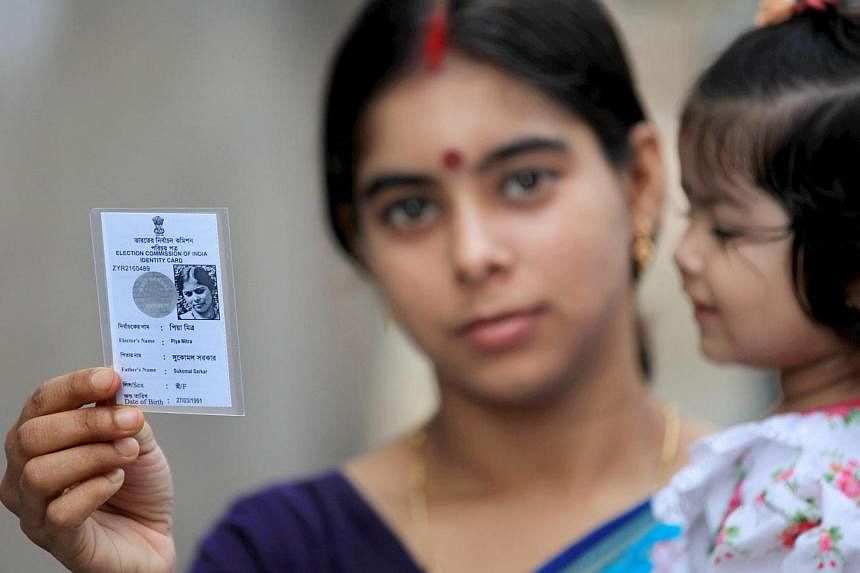NEW DELHI (AFP) - India's marathon election ends on Monday after five weeks of staggered polling across the country by hundreds of millions of voters.
Here's a look at how it works and what is at stake.
Why has it taken so long?
Almost 814 million adult Indians were eligible to vote, making it the biggest election in history. Organisers say it would have been impossible to operate and guard nearly 930,000 polling stations on a single day. The first day of voting was on April 7 and the last on Monday, with election results finally due on Friday.
What's at stake?
India is the world's second-most populous country, a key member of the G20 global grouping and an increasingly important voice for developing countries on issues from climate change to global trade deals. It is home to a third of the world's poor while being the 10th-biggest economy globally.
Local survey shows voters are fed up with corruption, worried about jobs and price rises, and ready for a change of leadership after 10 years of centre-left rule by the Congress party.
Fears about India's religious harmony have also been raised, with Congress warning that under Hindu nationalist opposition frontrunner Narendra Modi, the country could see violence between the Hindu majority and Muslim minority.
What is the likely outcome?
Narendra Modi is widely forecast to become prime minister if his opposition Bharatiya Janata Party (BJP) wins the most seats in the 543-member parliament as projected by opinion polls. But the BJP is unlikely to win the 272 seats needed to govern alone, meaning it must forge a coalition with smaller, regional parties to form government, surveys suggest.
How accurate are the pollsters?
Their projections have been wrong in the past, most notably in 2004 when they failed to forecast a Congress win. They also failed to predict the stunning results of the Delhi state assembly elections last December when the party of anti-corruption champion Arvind Kejriwal shocked the BJP and Congress in its electoral debut and seized power.
It's difficult to accurately gauge the opinions of India's mostly rural 1.2 billion people, and its first-past-the-post voting system means minor swings in sentiment can skew the results significantly.
When will a new government take office?
If no party wins a majority, the president will ask the biggest party to put together a coalition with smaller ones. That is likely to lead to days, and possibly weeks, of intense negotiations.

